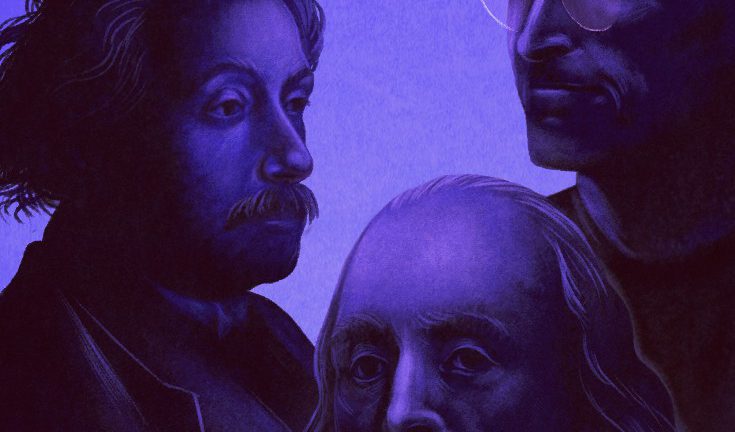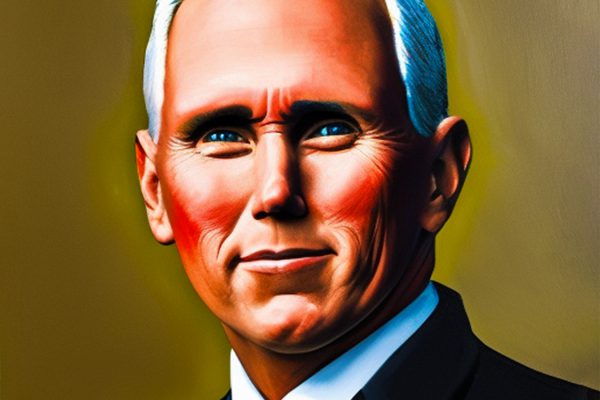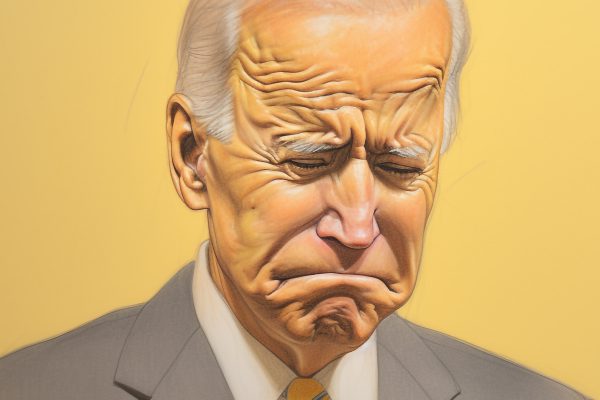Walter Isaacson was once labeled a “protean biographer” by the New York Times. The phrase was a clever reference to the way his writing style shifts to accommodate the demands of a given subject. As a professor of history, a journalist, a network news leader, and the head of a respected think tank, Isaacson is a man of many skills and interests. The great men whom Isaacson has profiled over the years all share the writer’s own gift of intellectual flexibility. But at the same time, each of them also managed to place his unique stamp on history. Let’s take a closer look.
The Politician
BENJAMIN FRANKLIN (2003) was a complicated man who embodied many seeming contradictions. He was a respected statesman with the power to undermine political figures with sharp satire, and a newspaper publisher who abandoned his printing press for scientific inquiry. Perhaps most incredibly, he was a revolutionary with the deep discipline required to negotiate peace. In the hands of a less skilled biographer, these curious contrasts might result in an incoherent portrait, but Isaacson skillfully resolved them without smoothing over Franklin’s rough edges.
The Intellectual
Published just four years after Isaacson’s Franklin biography, EINSTEIN(2007) showcases a totally different approach to the genre. To uncover the deep connections between Einstein’s personal and professional lives, the author interspersed explanations of the scientist’s most important theories into the story of his life’s milestones. Crafting such sophisticated physics lessons required great authorial confidence, but Isaacson wasn’t too proud to check his work: the information in the scientific segments was double-checked by two people, a Harvard physicist and a Nobel laureate, for good measure.
The Control Freak
Steve Jobs asked Isaacson to write his biography just one year after Jobs’s cancer diagnosis, before his first surgery. But the writer didn’t get to work until five years later, in 2009, when Jobs had become quite ill. A known perfectionist, Jobs likely wanted to control how the story of his legacy was told. But Jobs and his friends, family, colleagues, and rivals who were interviewed for the book were all candid enough for Isaacson’s biography, STEVE JOBS (2011), to showcase the perfectionist as the flawed man he truly was.
The Artist
Having profiled several so-called Renaissance men, Isaacson, in his most recent effort, finally got around to writing about a literal man of the Renaissance itself. LEONARDO DA VINCI (2017) traces the artist’s scientific pursuits as well as his creative endeavors, with special attention to how the two overlapped. Where some historians have described the great artist as derailed by his own curiosity, Isaacson located that inquisitiveness as the very source of da Vinci’s genius.
For further reading, check out these Instareads:







